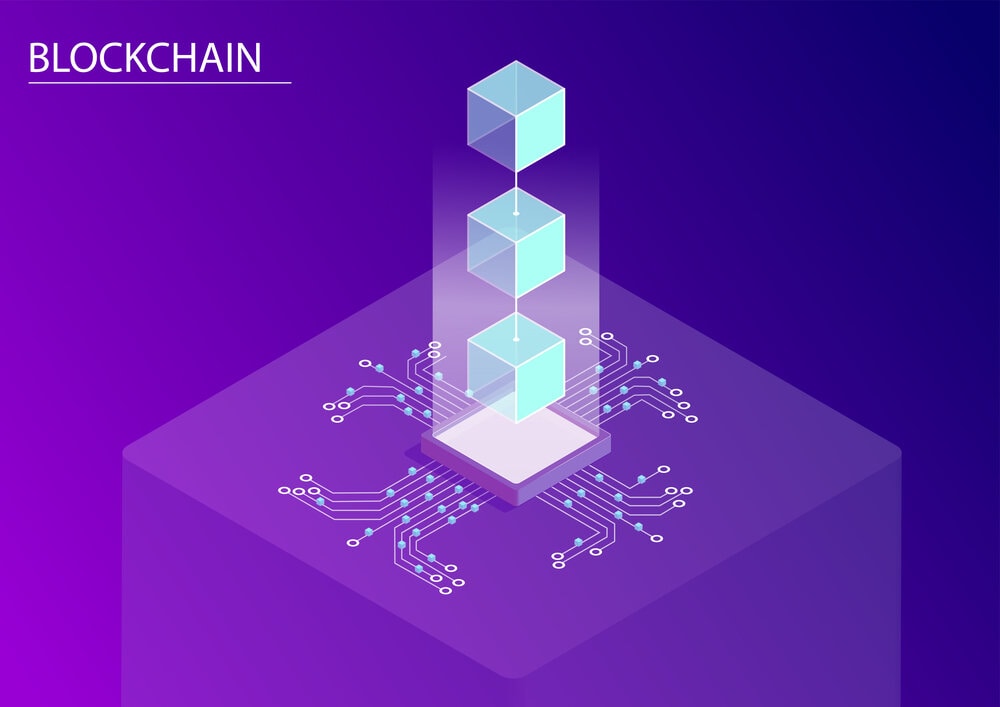Not just NFT and cryptocurrency, blockchain is much more. A relatively new technology, it is slowly making its way as an important support in the digitalization of businesses. And although it is still in its infancy in the Italian market, in recent years it has seen increased investment and experimentation by Italian companies, which are increasingly realizing the great potential of its application.
 But why does blockchain matter?
But why does blockchain matter?
Digitalization is driving a new industrial revolution. Companies, large and small, are embarking on an evolutionary process to increasingly use new technologies in their management and production activities. Just think of the Industrial IoT (IIoT) or machine-to-machine (M2M) and cloud platforms that are already transforming manufacturing processes, and the growing use of data in industry; this is where blockchain can make a difference.
Businesses operate on data and information. The more accurate and timely this information is, the better the management and production process will be. Blockchain is therefore ideal for transmitting this data, as it provides instant and shared information that can be accessed by authorized network members. But not only that.
A blockchain network can track orders, payments, accounts, and production, creating greater efficiency and trust. On the customer experience front, blockchain technology coupled with modern CRMs would enable companies to strengthen the trusting relationship with customers by automating the transactions of all stakeholders from the early stages of production to the final sale.
What are the best uses?
Blockchain certainly has applications in finance and insurance, but it can also be used in healthcare, retail, media and advertising, telecommunications, manufacturing, and transportation. In the manufacturing sector, for example, it could be used to create new technologies to support the supply chain.
In companies that have already implemented IoT systems, it could make communication between connected objects more secure. In the food industry, it could transmit critical data for quality assurance and traceability testing; in logistics, it could transmit information about the condition of a particular shipment.
In this way, the blockchain can be a great help for small and large companies alike, and a technology that supports an ever-faster and ever-changing technological evolution that companies cannot ignore in order to remain competitive in the market.
